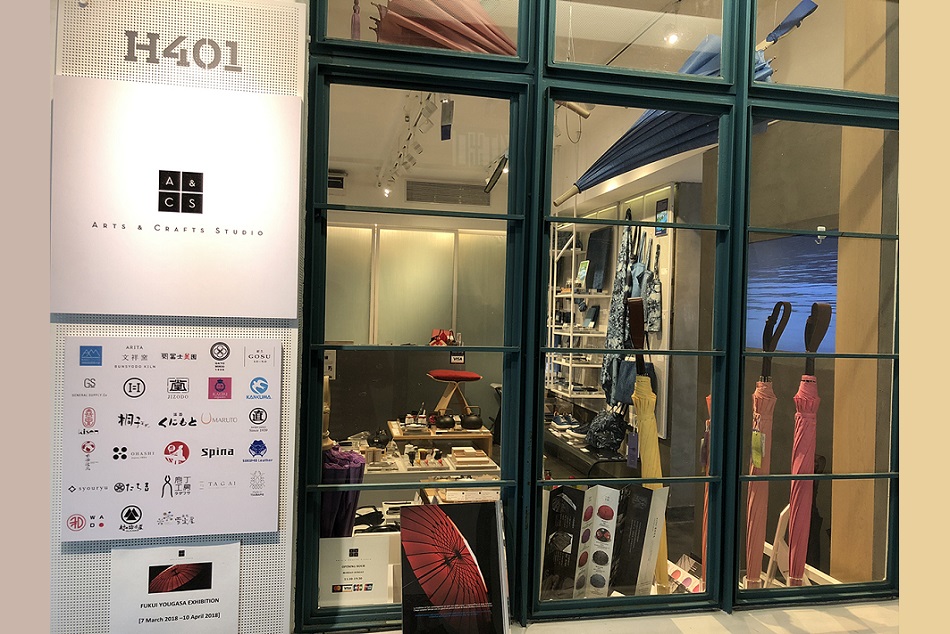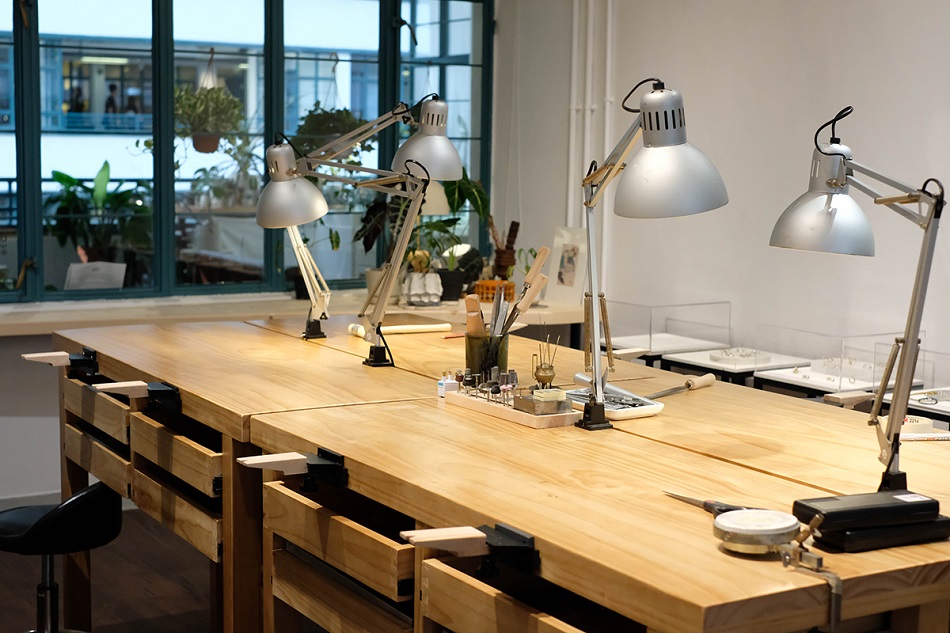Leisure & Culture #66
If Peng Chau can, why cities can’t?
Islander島民
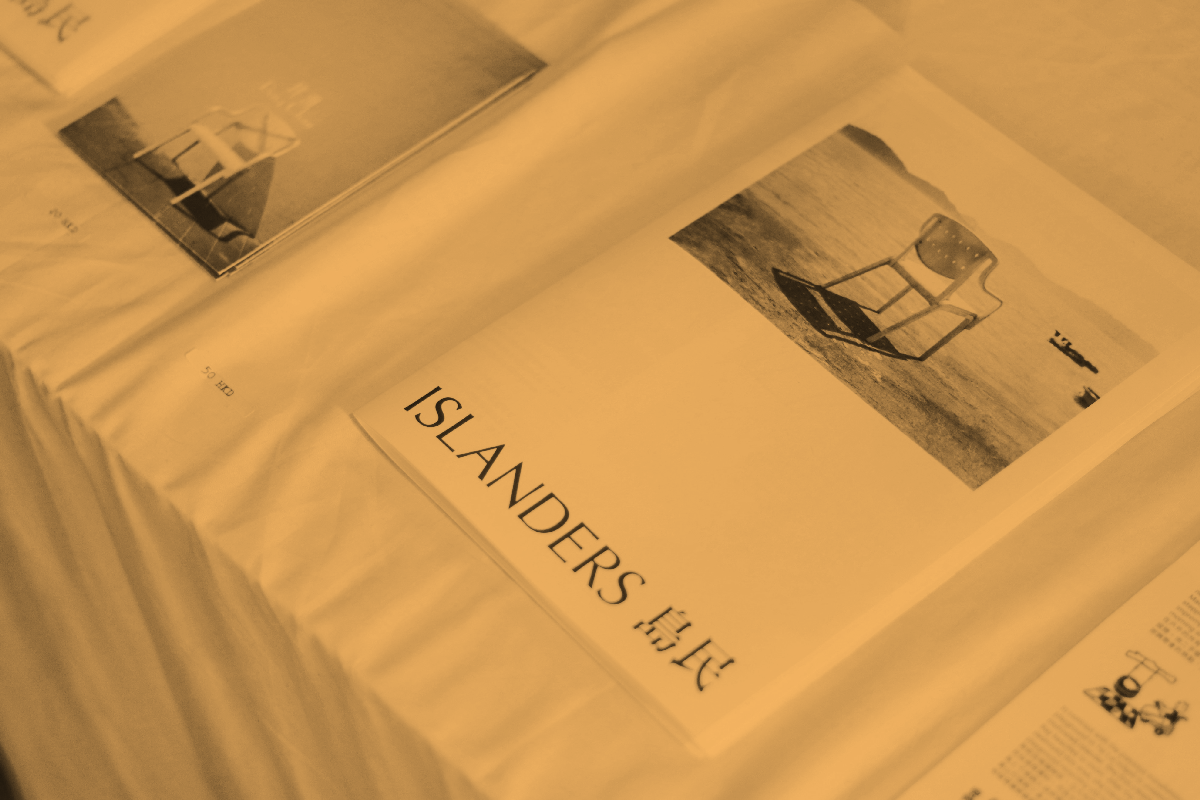
Written by Kit Chan
Translated by Joel Wong
Photos by Kit Chan
This is a question from Islanders島民 to readers, especially if you are from Hong Kong.
Islanders島民 is an independent publication launched in the early summer of this year. It is published and sponsored by DesignTrust, edited and written by Peng Chau islanders Kit and his wife Myriem. It introduces Peng Chau in the form of a map-gazine – this is not a regional newspaper for food, drink, and fun, nor promoting the island’s scenery; what it wants to say is community design and space, which is close to research level yet readers friendly.
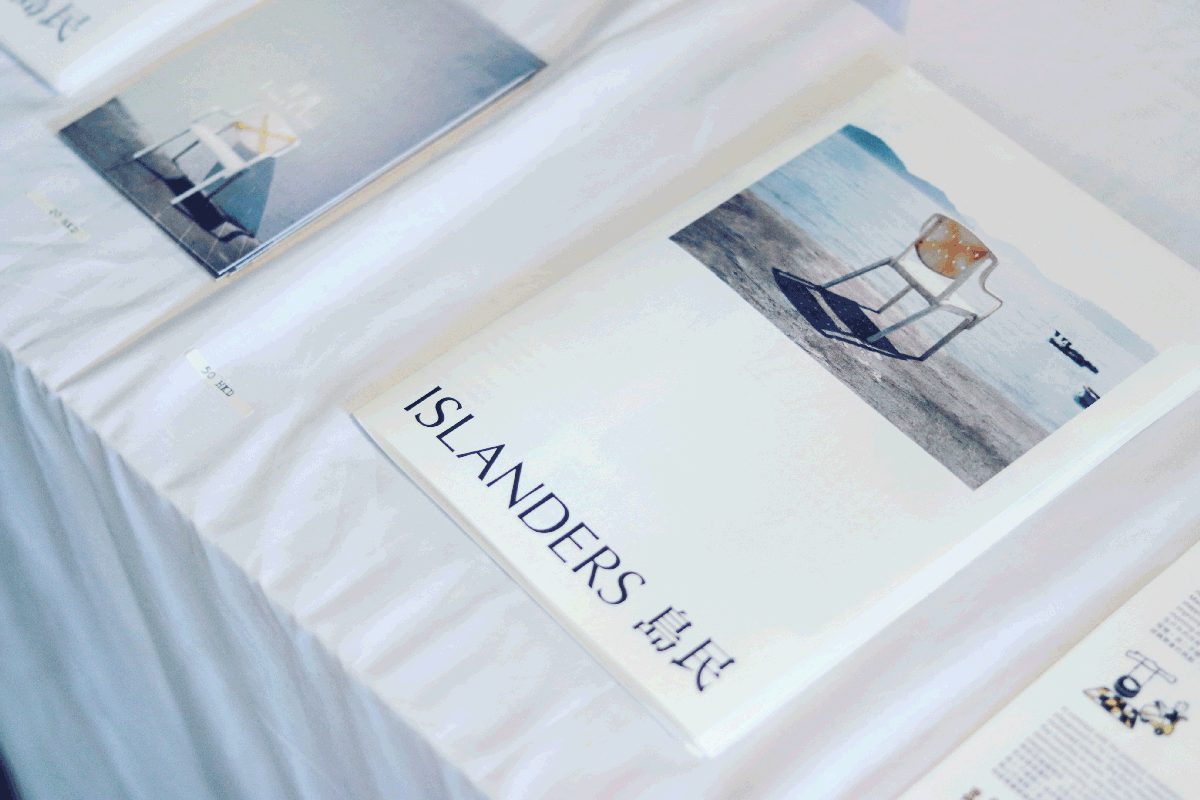
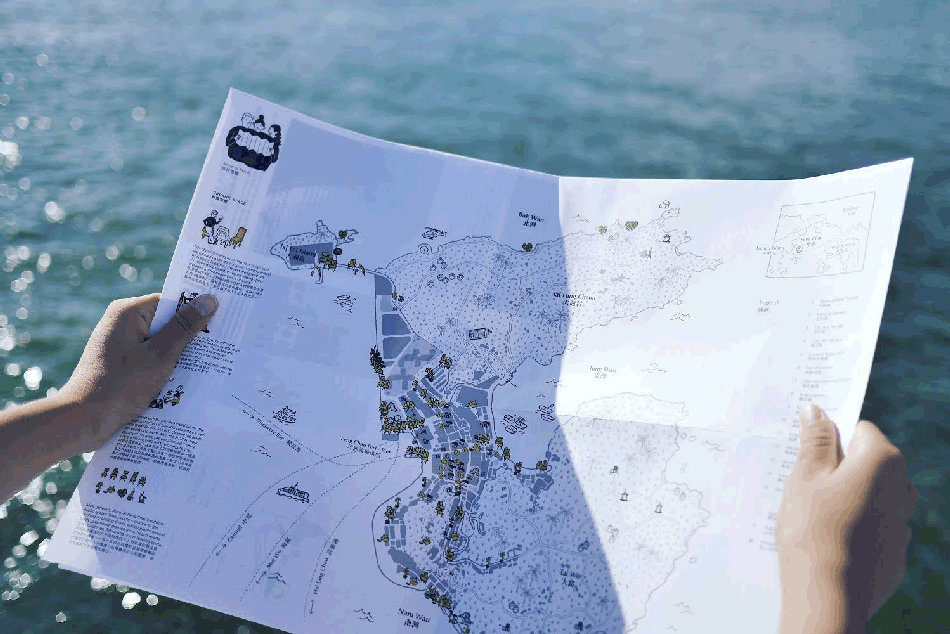
The cover of the debut issue shows a mysterious plastic chair with a cross on it, which embedded a vital concept behind it: organic space. Once someone participates in a space, it brings life and an organic change that does not involve any governance model and is planned only by the residents spontaneously.
There are as many as 300 of these seemingly randomly placed plastic chairs abandoned in the area of Peng Chau Pier. With that “cross” serves as an identification mark, these chairs are used furniture thrown out from nearby Discovery Bay and donated by that special someone so that anyone can use it casually. Soon after the chairs appeared, another friendly neighbor helped to manage them, reminding people to put them back in the designated area after use, and slowly develop an operating system.
What makes this so intriguing is that there are already a large number of public chairs set up by the government on the island, but these plastic chairs are more popular. What does this indicate?
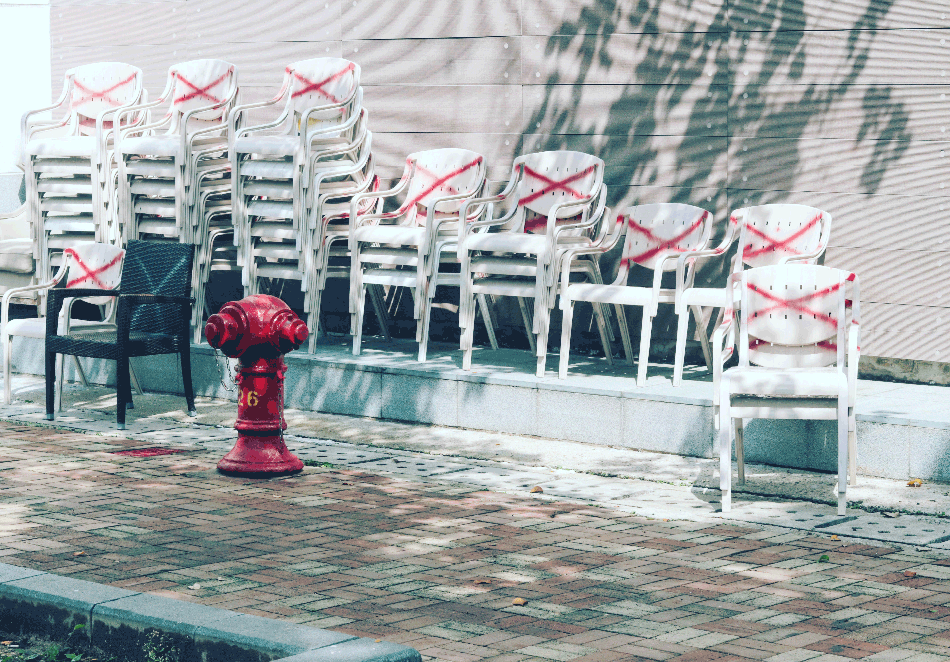
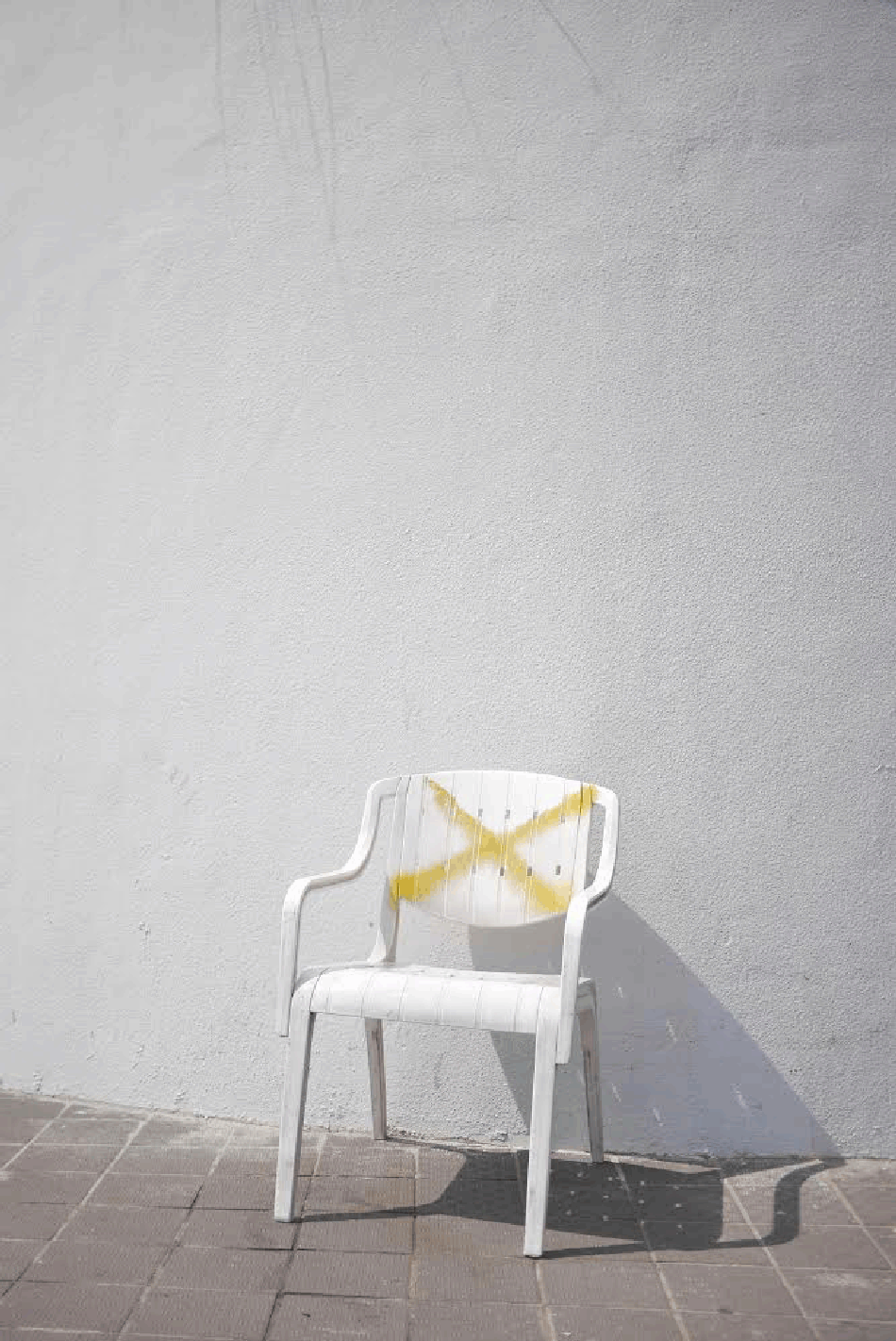
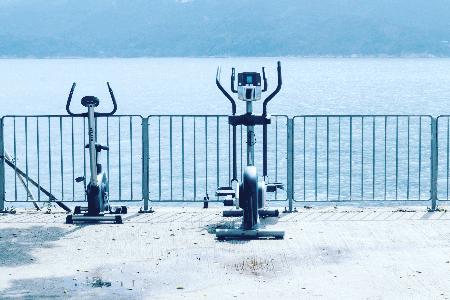
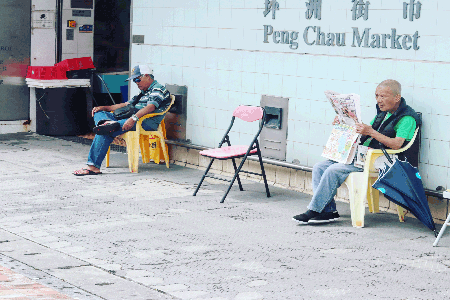
Like many urbanites, Kit moved to Peng Chau six years ago solely for a better living environment, "I didn't have a life here." Kit admitted that at first, he only treated the island as a place to sleep. As time passed, he began to integrate into this place, and seeing more and more islanders are reluctant to return to the city, he wondered, "What is so special about Peng Chau?" But Kit just can't find the right spot to start analyzing this phenomenon.
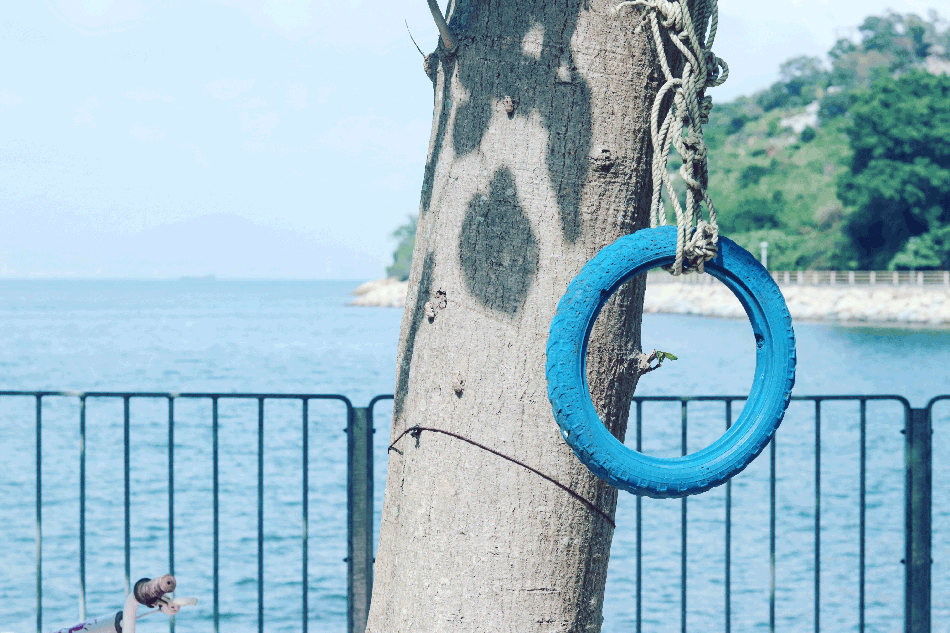
Until Myriem who moved in and became an islander, suddenly all kinds of freshness are spotted through the eyes of this new coming lady from France. In addition to those chairs collected by good-hearted islanders, other examples are, when the government planted a tree on the road, the islanders will put other potted plants under around the tree; some people took the initiative to modify public spaces or build a playground by the sea. These random acts are designed by the community.
"There are rhythm and a tacit understanding, and the execution is very smooth, which represents the trust between the people and the government." Myriem is engaged in community planning in foreign countries; what is happening at Peng Chau unexpectedly opened her eyes and directly contributed to the birth of the magazine Islanders島民. Conducting Interviews with the islanders with her husband Kit, Myriem analyzes the landscape of the island through all sorts of researches.
According to theories, this is a kind of human-scale involving the participation of everyone, "Every place has its ecology, even high-rise buildings, and islands." Myriem describes," For example, I am an alien "species" of this ecosystem of Peng Chau. I interact, take, and provide with the community from here. "Kit added that policies generally tend to "build" to improve people's lives, "We may consider using existing resources that are closest to our daily life, and the effect will be even more unexpected."
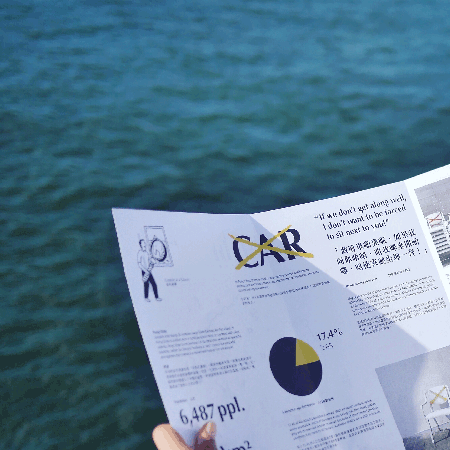
What Islanders島民 wants to provide is not only a bunch of text and photos but also an idea.
After all, this is a generation about sustainable living. Kit firmly believes that if the countryside and outlying islands can do it, the cities can do it as well. Otherwise, we will continue to limit our ability to communicate with the environment, "You buy organic vegetables and support fair trade products, but you don't know your neighbors, and you don't know anything about the community. Is such a life sustainable?"
The grass is always greener on the other side, and Hong Kong people are accustomed to referring to foreign cases. But do we have the ability to demonstrate to the world an organic space and the possibility of independent living?
What Islanders島民 wants to provide is not only a bunch of text and photos but also an idea. Like all good designs and creativity, ideas are priceless.

